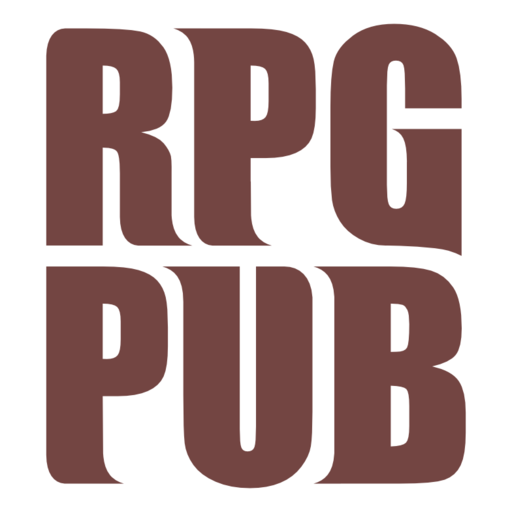lategamer
Writer, Sailor, Filmmaker, Irishman,
- Joined
- Dec 7, 2021
- Messages
- 1,841
- Reaction score
- 4,091
You seemed to have missed my basic point …
No, I just didn’t like the options.
I don't think XP systems should hold realism too high as a design principle either. They are very much part of the G in RPG and I tend to treat them as such.
I’d get rid of them if players didn’t demand them.
So long as there is a thin patina of verisimilitude or covering fluff I'm fine.
Sure. It’s possible to make a purse out of a sows ear, just not a silken one.







 !
! !
! !
!



